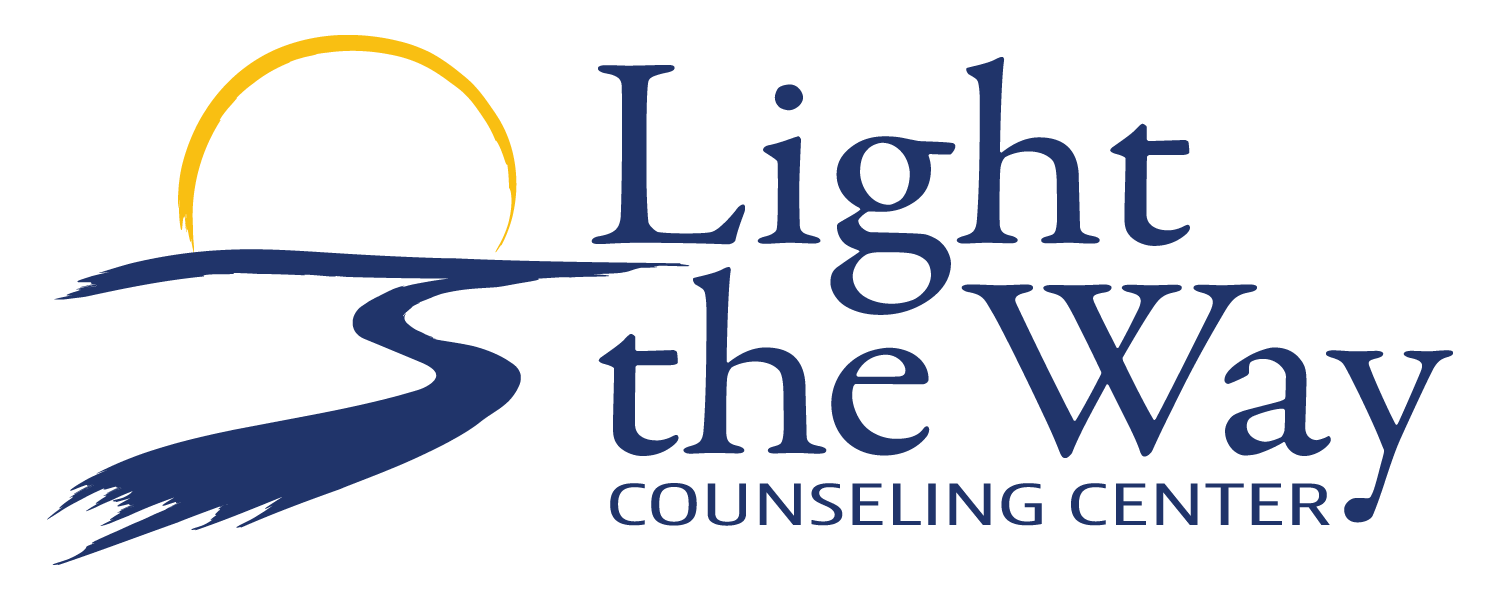Forgiveness is Hard… and Healthy
Forgiveness is hard.
Your spouse had an affair.
Your best friend doesn’t want to be friends anymore.
A trusted co-worker blamed you for a botched project.
Your uncle abused you when you were a child.
The people who hurt you don’t deserve forgiveness. They don’t deserve to be released from your pain and anger they caused. They don’t deserve to “get away with” what they’ve done.
It’s not fair.
What happens when we don’t forgive?
Not forgiving another for the pain they caused means we are holding on to the memory. We can play it back anytime and often. We hold the anger in us and it turns to resentment and bitterness.
This emotional baggage we carry everywhere we go.
Here’s a few ways the baggage of unforgiveness affects us:
It affects us emotionally. We get depressed, anxious, more stressed. We develop other emotional problems when we don’t forgive.
We get physically sick more often. The unforgiveness we carry affects our physical body through headaches, heart problems, and lowered immune system. Unforgiveness affects every aspect of our bodies.
Unforgiveness affects our relationships. Being bitter and stuck in a memory doesn’t allow room for positive experiences with others. The memories of the hurt spills out and affects others around us.
How does not forgiving the person affect them?
We think our anger will punish the person. It doesn’t.
We think we are making them pay by holding on to the hurt and pain. We’re not.
They may not care if they hurt you. They may have forgotten they caused you pain. They have moved on.
Good news—you too can move on by forgiving.
Here are ways forgiveness will help you:
The good news is forgiveness is not for them, not for the people who hurt you. Forgiveness is for you.
Forgiveness helps you emotionally. It frees your mind to think clearly, focus on positive memories and situations. You feel less anxious and depressed.
Forgiveness helps you physically. Your stress is lower, your body is more relaxed. Your immune system is improved because there isn’t the stress on your system.
Forgiveness helps you in relationships. There is space to allow laughter and fun. You connect with others more easily. You are present in your relationships.
Forgiveness helps you spiritually. In Christianity, forgiveness is commanded because God forgave us. When we forgive others, we experience peace in our lives. What does it say about forgiveness in your faith?
To forgive takes so much effort and hard work. I get it.
But forgiveness is a choice. It doesn’t happen just with time passing. Sometimes, with the passage of time we can feel less bitter and then forgiveness is easier. Time doesn’t always heal the pain. Most often we need to chose to forgive. Choosing to forgive is for you, not the one who hurt you.
Is there anyone you need to forgive? Here’s how you can.
Awareness is the first step.
As you think about past hurts, what memories and names come to mind? Write one sentence for the memory and the name next to it. If it starts to feel overwhelming, stop. Stay with one memory, or person, at a time. Start with the easiest hurt to forgive. Have a trusted person be with you.
Acknowledge the hurt.
We don’t like pain. It’s much easier to say, “I forgive you” then acknowledge what they did and how it affected you. To really forgive, we need to acknowledge the pain.
Acknowledge the effects of the hurt.
Think about how the hurt has affected you since it occurred. How has it affected you emotionally, physically, relationally and spiritually? Write it down.
Accept you can’t change the situation or the other person.
We can’t change what happened in the past. If the person is remorseful, forgiveness is easier. If the person doesn’t care, doesn’t remember or has moved on, forgiveness is harder. We can’t change any one but ourselves. Forgiveness is for you, not them.
Choose to forgive.
Write it down. You may want to keep it on paper and to yourself or you may want to tell the person. This is your decision. You know what is best for you. After writing it down and forgiving you may want to keep the paper or destroy it. The choice is yours.
What’s next?
Forgiveness is hard. When we forgive quickly, we can enjoy life, be more relaxed, and feel freer. Make forgiveness a regular habit.
It helps to remember how people have forgiven us so we can forgive others. We are not perfect.
When you get stuck on not forgiving someone, think about these steps. Acknowledge what happened and the pain it caused. Acknowledge how it has affected you and your life. Accept that you can’t change the past or the other person. Choose to forgive, for you.
Written by Cindy Picht, LPC, CEO
About Cindy:
Cindy is director and co-founder of Light the Way Counseling. She is a Certified Clinical Trauma Professional and a Certified Clinical Anxiety Treatment Professional. She combines her skills with compassion and encouragement to help people find hope and healing.


